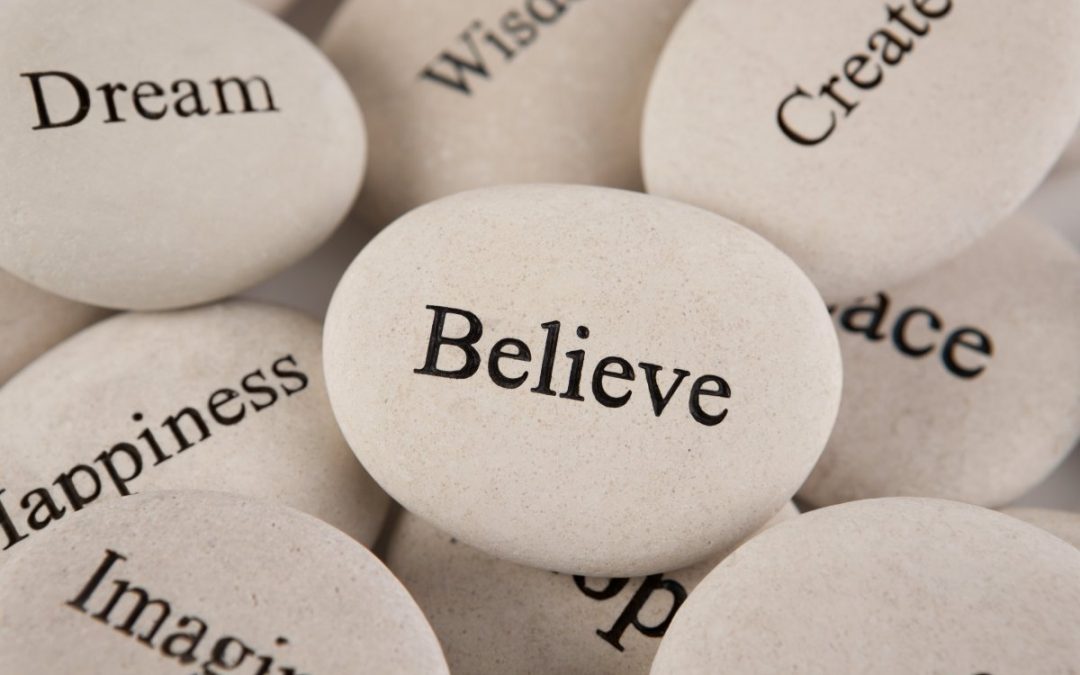
Healing From The Inside-Out
We all know that person, we might have even been her. The one who’s going to quit her job and travel the world, the one who’s going to open her own shop, go back to university, or finally write that book…but somehow it never actually happens.
Some of you might remember the Joshua Kadison song that was on the radio way back in 1994 called “Picture Postcards from LA”. It tells the story of Rachel, a singer who wants to move to Los Angeles and make it big:
“She’ll even buy a ticket and pack her things to leave
Though we all know the story, we pretend that we believe
But something always comes up, something always makes her stay
And still no picture postcards from LA.”
Rachel isn’t a coward for not following her dream, and those of us still planning that book or that big trip around the world aren’t lazy or ‘all talk”. We’re just being taken over by our lizard brain.
The Reptilian Brain
The amygdala, or ‘lizard brain’, is a primitive structure in the base of the brain responsible for the formation and storage of memories associated with emotional events. This is where associations are made between stimuli and the pleasant or aversive events they predict.
For example, if your pet always hears the sound of the can opener right before food appears, this sound become associated with a positive event and will begin to produce a pleasant feeling – a process known as classical conditioning (think Pavlov’s dogs).
The amygdala is the home of the fight/flight response, whose job it is to warn us of danger, allowing us to escape from predators and protect ourselves from harm.
Experiments show that the greater the emotional arousal we experience following an unpleasant event, the stronger our memory of that event will be. An example of this would be if someone snaps at you and this causes you anxiety, you are more like to remember this event than someone who was not upset by being snapped at.
Research also shows that heightened amygdala activity often occurs following trauma during childhood. This can lead to a breakdown in the connections between the amygdala and the prefrontal cortex, responsible for thinking, planning, decision-making and social behaviour. This interruption impacts our emotional processing.
Taking Back Control
“Survival and success are not the same thing.” – Seth Godin
Once an external events triggers an unpleasant memory, lizard brain steps in. Our capacity for rational thought is reduced and it can feel like we’re right back in the original unpleasant event.
This is not a weakness, or a matter of willpower. The lizard protects us from perceived harm, and it doesn’t like us to do anything out of the ordinary where the outcome can’t be predicted. This is especially true of amygdalas that were overstimulated early in life.
So when we think about leaving our familiar patterns to travel, go into business or return to study, our lizard starts shouting at us: ‘Are you out of your mind? What if it doesn’t work out? What if you make a fool of yourself? You don’t even know what you’re doing, it will be one giant disaster. Just stay where you are and don’t move!’
Sounds familiar right? The good news is that our brains have a great capacity for changing old patterns, a process known as neuroplasticity. This refers to changes in neural pathways which occur due to modifying our behaviour and environment.
There are things we can do to get the lizard out of the driver’s seat so our thinking brain can function rationally again. For some situations, this can be as simple as recognising the trigger and reframing it.
If you automatically become defensive when someone is angry, take a breath and see if you can become curious about what’s happening, rather than reacting automatically. Try to name the emotion that’s coming up for you – it might feel like resentment or frustration but underneath there might be fear or sadness.
If the lizard automatically labels the angry person as ‘bad’ or ‘wrong’, can you suspend judgment and become an interested bystander instead? What might be going on for that person? Is it really about you?
Bringing your conscious awareness to the situation builds new neural pathways that allow us to stay more in control of our responses. We build strong neural pathways through repetition – this is how we learn new languages, musical instruments, sporting skills etc.
Deeper Changes
The hippocampus is the structure in the brain that passes messages between the cortex and the amygdala. In simplistic terms, guided drawing aims to help the hippocampus function effectively so it can relay accurate messages needed to switch off a panicked lizard.
A technique I use called Guided Drawing allows a person to witness their story, making their inner tensions visible. The drawing focuses more on the actual movements the client makes on the paper than the appearance of what they draw. The rhythmic movements allow the body to move out of an immobile hyperaroused state and realise that the traumatic event is over, they are safe and they have survived.
Until this happens, discipline, willpower and positive thinking will only take us so far. Trauma is stored in the body and it needs to be released before the lizard will stop sounding the old alarm in the present moment where there is no actual danger. Healing in this way does not require us to change anything on the outside, the process occurs internally and our external lives change accordingly.
The presence of an unpredictable adult in my childhood home caused me to always be on guard, scanning the environment for danger and trying to be as invisible as possible to stay safe. Through Guided Drawing, I explored the feelings in my body associated with this. I was asked to make different movements for which I chose different colours.
My drawings went from a black and red combination of circular and slashing movements to light coloured movements up and outward from the page. The difference I felt in my body was huge, from weighed down and trapped to released and flowing.
Going Within
I now offer this approach to my clients. My lizard has gotten in the way of many physical activities I’ve tried to pursue, such as scuba diving, along with some of my plans for my business and my writing. So I’ve been using this process to make friends with my lizard, because I want to write that damn book…and I love offering this treatment to others as well to help them heal from the inside out.





Recent Comments